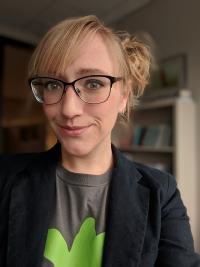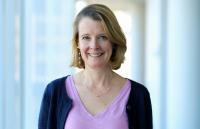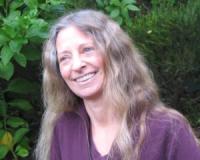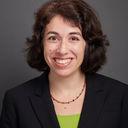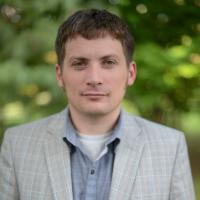Lila Guterman is a deputy news editor at Science, where she focuses on biology, chemistry, and clinical research. She has been a science writer and editor for more than 20 years and has degrees in chemistry from Harvard University and the California Institute of Technology. She is also a graduate of the science writing program at the University of California, Santa Cruz. Before coming to Science, Lila worked on staff at the Patient-Centered Outcomes Research Institute, Science News, Chemical & Engineering News, and the Chronicle of Higher Education. She has written for publications including Nature, Cell, New Scientist, the Washington Post, and the Economist.
Lila has won national awards for her writing, including the 2002 Evert Clark/Seth Payne Award for young science writers, the 2003 Media Award of the American Society of Anesthesiologists, and third place in the Society for Environmental Journalists' 2003 Awards for Reporting on the Environment. She was also a finalist in 2005 for a Livingston Award for Young Journalists. Lila was a Knight Science Journalism Fellow at the Massachusetts Institute of Technology in 2006.
Pitching guidelines:
Are you a freelance journalist with a hot scoop or juicy scandal, a compelling profile of a scientist, or an original take on a science policy issue? If so, bring it to the award-winning news department of Science, the flagship research journal from the world's largest general science society. We're eager to break news and tell stories that no other science journalist has found.
Here are some things you should know before pitching a story to us. The editors and writers of the news department are professional journalists and produce much of our news content. But we have plenty of appetite for freelance contributions — everything from 140-word news briefs to 2500-word features to investigative projects. About half of our online-only stories and a quarter of the stories in the weekly print issue are either assigned to freelancers we like working with or are pitched by freelancers.
Because we receive all the big press releases and embargoed information from major journals (Science, Nature, PNAS, etc.), you will have very little luck successfully pitching a study from these. Our biggest piece of advice for selling us on a straight research story is this: Pitch us hidden gems.
Note that we don't take stories from academic researchers, company representatives, or public information officers wishing to promote their institutions. Freelance writers should also disclose any potential conflicts of interest when they pitch a story, whether it be a personal relationship with the subject or key source of a story or previous work for the institution that would be written about. If you currently pen press releases for a university, we won't let you write about them, but if you did a feature for a school magazine a year ago and nothing since, we likely will. Just be transparent with us.
Science covers news in all areas of science, from geology to genetics, as well as science policy and issues important to the scientific community, such as science, technology, engineering, and math education and sexual harassment. In print we publish news briefs, longer news analysis and trends stories, and features. Online, where we publish multiple daily stories, we focus on breaking news, though we are also interested in enterprise stories — that is, stories not tied to press releases, such as explainers on trending news and Q&As with interesting researchers.
For most stories pay is per word, with rate depending on experience. For certain types of stories, such as Q&As, we pay a flat rate negotiated in advance.
How to pitch
- If you come across news, don’t wait to pitch it. We want to publish as soon as possible after the event. For embargoed studies, please pitch us at least 3 days in advance, so that we can OK the proposal and you can deliver a story a day or two before the embargo lifts.
- If you are pitching a news story about a research study, write a few sentences about what the study is about and why it’s a big deal. Include the press release and paper when possible.
- If you’re pitching a longer story, such as a feature, make sure your pitch also gives a sense of how you will tell it. What is its scope, will it focus on certain characters or places, what is the storyline? But keep the pitch tight, three or four paragraphs at most.
- If you’re new to us, please send us published clips — no more than three or four — so we can judge your writing.
- If you are not pitching embargoed news, please check Google News to see whether any other outlets have covered the story.
- Note any video and audio possibilities in your pitch.
- Put “Pitch” in your subject line. Otherwise your email may be flagged as spam or ignored as a press release.
- Please, please, spend some time reading Science’s news site before pitching us. You’ll see that our stories, even those about medicine or business, all have some connection to basic research. You’ll also see that although we write for people with a keen interest in science, we are not aimed at the specialists. Our goal is to entice scientists and science enthusiasts to read broadly, and even for fun. The more original and interesting a proposal is, the more likely we are to take it.
Twitter: @lilaguterman
Email: lguterman@aaas.org
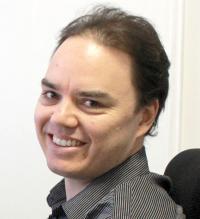
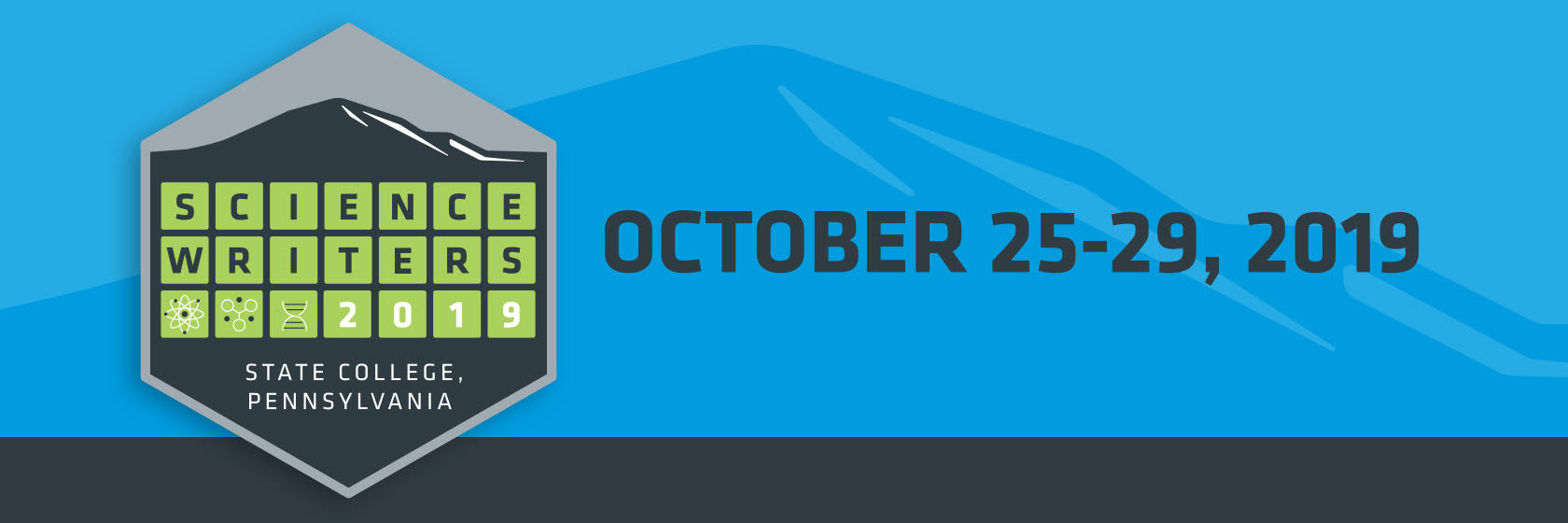
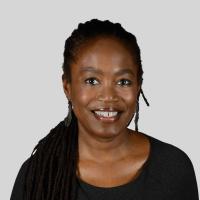
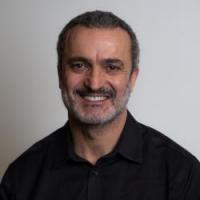
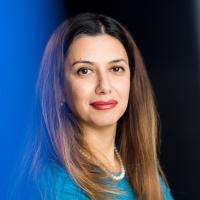
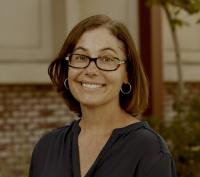
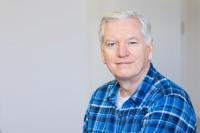
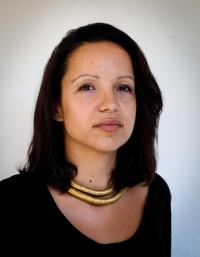
_0308b.jpg?itok=1UXf400H)
